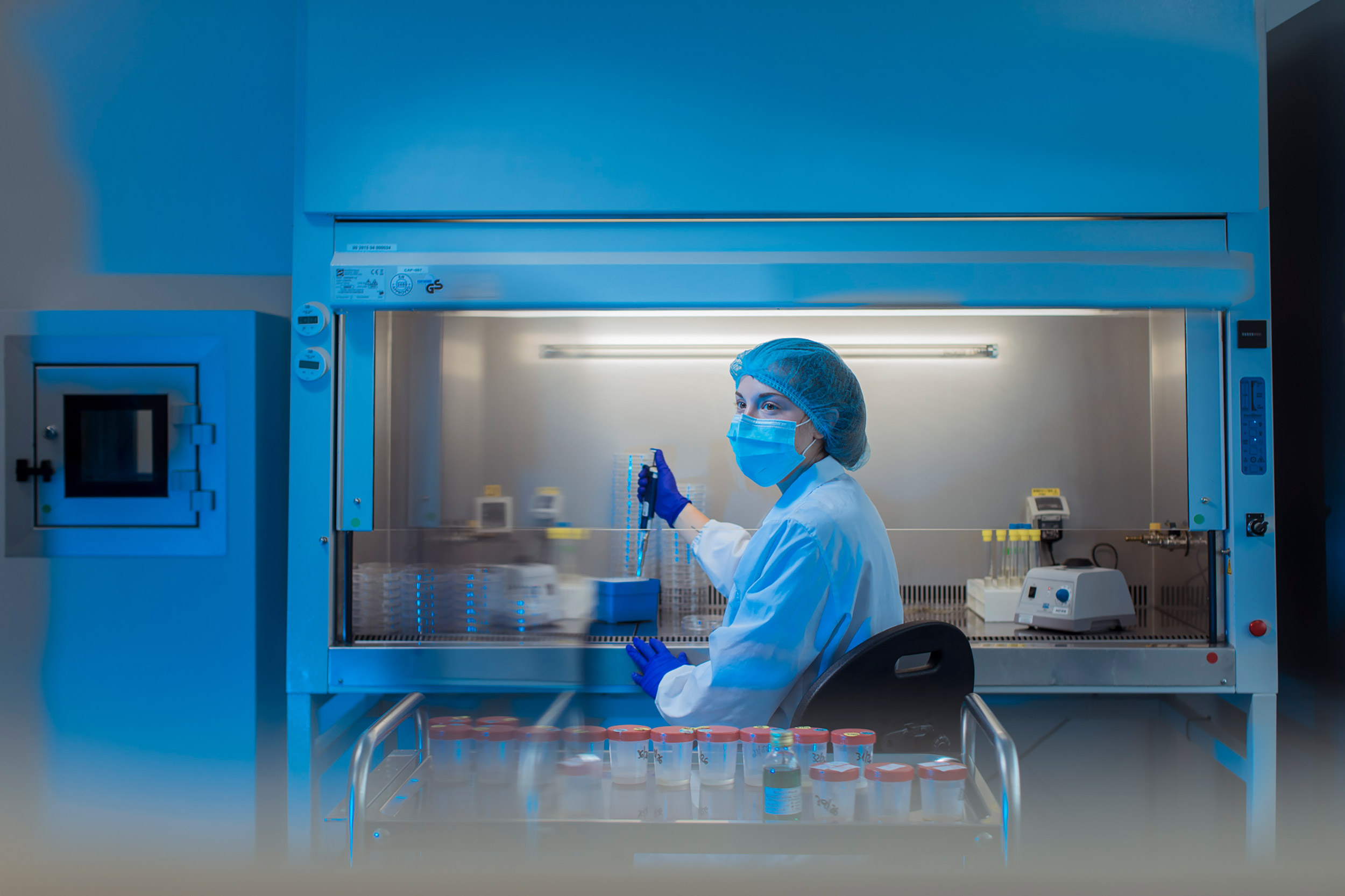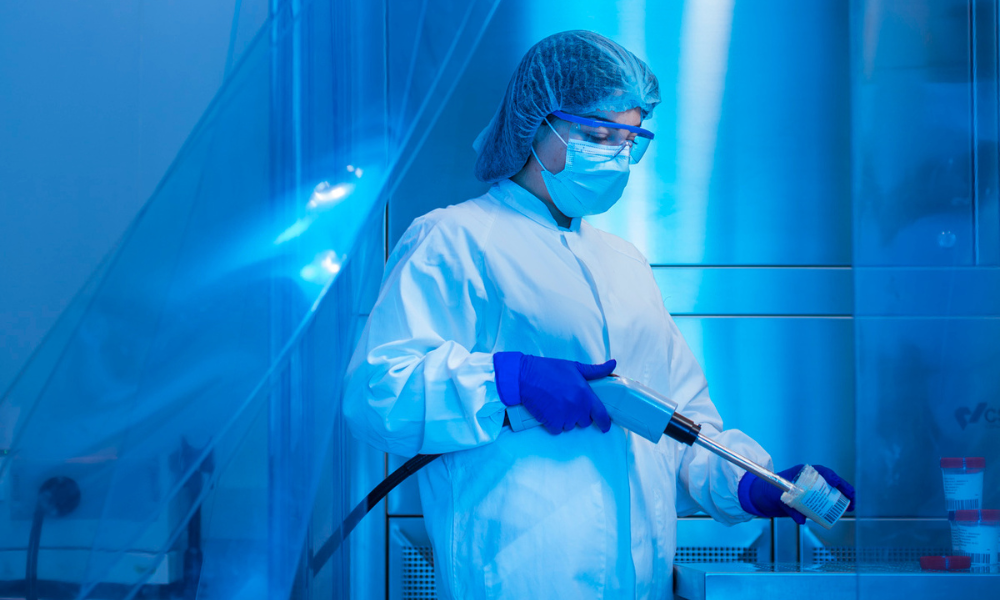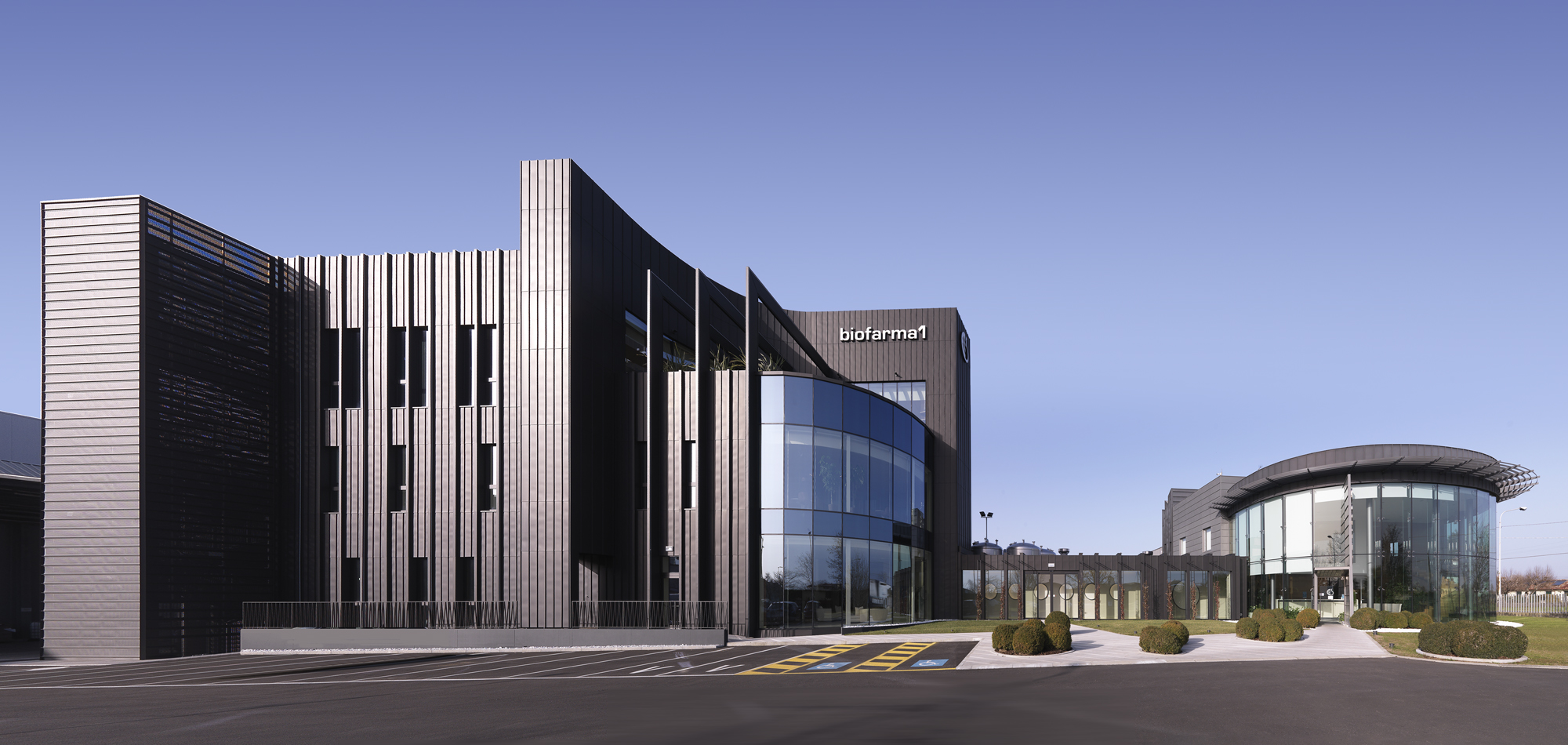

On-going innovation is synonymous with consistent quality. This is the guarantee provided by our laboratories through the development, fine-tuning, transfer and validation of methods of analysis. Our Chemistry & Physics and Microbiology Labs are staffed by highly-skilled professionals who work in concert with prestigious research institutes and universities and can count on sophisticated analytical equipment. The Quality Control Laboratory of the Mereto site has been AIFA-certified since 2016.

To guarantee the quality of our products, the Lab releases batches in compliance with applicable regulations;
it analyses starting materials, semi-processed and finished products using specialised instrumentation such as HPLC, IR, and ICP-OES systems and dissolution and disintegration testers.
it offers our clients a method of analysis development and validation service, with method transfer if required, as part of a pro-positive and customised approach.
At our Gallarate site, a new-generation NIRS (near-infrared spectroscopy) system guarantees optimum safety and control during testing on incoming starting materials.

Designed to satisfy GMP standards, the Lab is organised into different areas with varying environmental contamination characteristics. Its most noteworthy output includes the innovative methods devised for probiotic cell counting by flow cytometry and for the determination of pathogenic agents in cosmetics using Real-Time PCR, both set to receive the acknowledgement of the scientific community following publication in authoritative journals.
In 2017, the Mereto site laboratory partnered with Udine University Hospital to develop a method of analysis based on flow cytometry for probiotic cell counting, exploiting the method’s versatility and ability to provide certain information regarding the cells. This technique is able to reduce result variability and allows the identification even of damaged cells that cannot be detected using conventional plate count methods. Biofarma Group has drawn on its experience to make ground-breaking use of flow cytometry, the potential of which still has promising margins of application.
The Lab of the Mereto site, in concert with the Institute of Pathology of the University of Udine’s Department of Medicine, has developed an innovative PCR-based method for detecting pathogens in cosmetic products. Unlike the conventional plate method, this technique makes it possible to identify the pathogens present in cosmetic products by detecting and sequencing their DNA, and subsequently comparing it with a pathogen database. Depending on whether the sequences match, the presence or absence of the pathogens is confirmed. The extremely rapid result turnaround times make it possible to reduce the time-frames for cosmetic product release.
